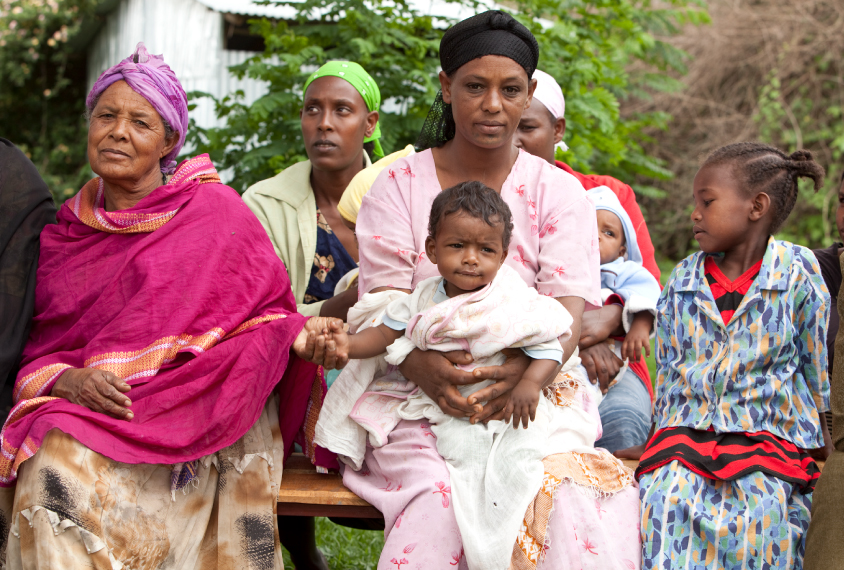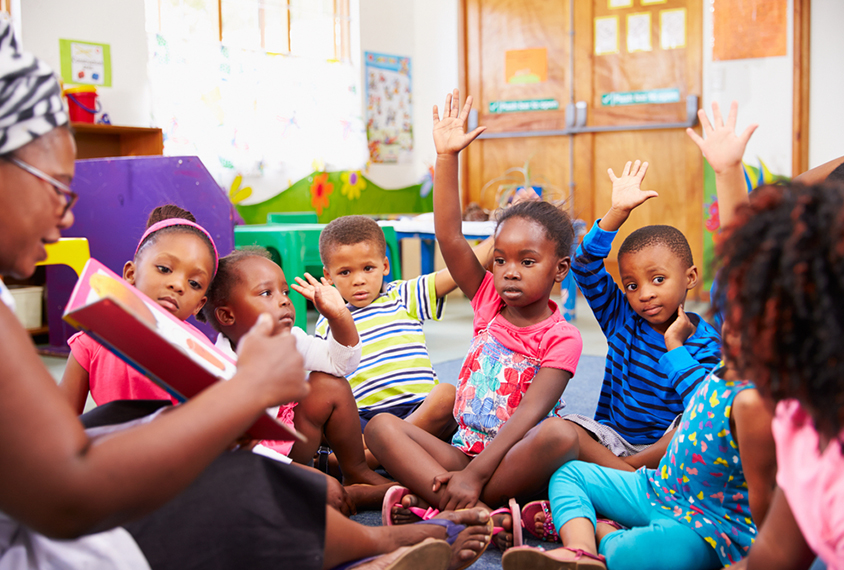Africa IMFAR 2017
Recent articles
Studies highlight need to adapt autism tests for African cultures
Some of the items on a common diagnostic test for autism do not translate well to African cultures.

Studies highlight need to adapt autism tests for African cultures
Some of the items on a common diagnostic test for autism do not translate well to African cultures.
South African children with autism may lack access to schools
Only about 0.1 percent of children in the Western Cape province of South Africa have autism, according to a review of school records.

South African children with autism may lack access to schools
Only about 0.1 percent of children in the Western Cape province of South Africa have autism, according to a review of school records.
Explore more from The Transmitter
Neuro’s ark: Spying on the secret sensory world of ticks
Carola Städele, a self-proclaimed “tick magnet,” studies the arachnids’ sensory neurobiology—in other words, how these tiny parasites zero in on their next meal.

Neuro’s ark: Spying on the secret sensory world of ticks
Carola Städele, a self-proclaimed “tick magnet,” studies the arachnids’ sensory neurobiology—in other words, how these tiny parasites zero in on their next meal.
Autism in old age, and more
Here is a roundup of autism-related news and research spotted around the web for the week of 2 March.

Autism in old age, and more
Here is a roundup of autism-related news and research spotted around the web for the week of 2 March.
Lack of reviewers threatens robustness of neuroscience literature
Simple math suggests that small groups of scientists can significantly bias peer review.

Lack of reviewers threatens robustness of neuroscience literature
Simple math suggests that small groups of scientists can significantly bias peer review.